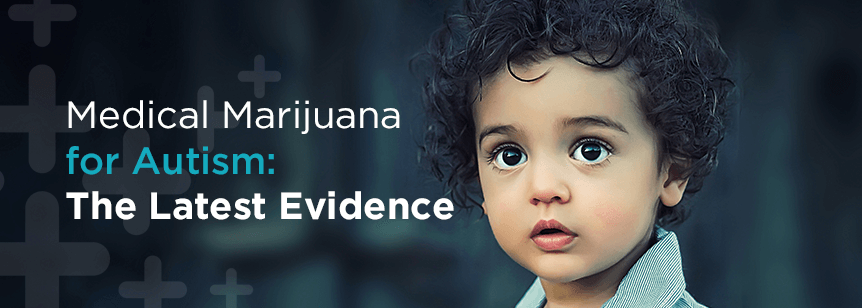
One in 40 US children has autism spectrum disorder (ASD), the latest research shows—up from the Center for Disease Control’s estimate of one in 59 published just a few months ago.
There’s mounting evidence that medical cannabis could be helpful to ASD patients and their families. Studies suggest that cannabis, or individual compounds found in the plant, could ease symptoms ranging from poor sleep and difficulty concentrating to rage attacks.
Grassroots group MAMMA (Mothers Advocating Medical Marijuana for Autism) has been calling for better access to whole-plant medical cannabis for treating autism since 2014. Colorado passed a law authorizing medical cannabis for autism on World Autism Day, April 2, joining 15 other US states and territories that MAMMA considers autism friendly.
ASD affects the ability to interact and communicate with others, and is characterized by repetitive actions ranging from rocking and hand flapping to self-injuring behaviors. While some children with milder ASD grow up to become independent adults, others are severely impaired and require around-the-clock care for their own safety.
Investigators have honed in on cannabidivarin (CBDV), a non-psychoactive component of cannabis first discovered in 1969 that’s also been investigated for treating epilepsy, as a potential autism therapy. A recent “real life experience” study by Israeli researchers found CBDV improved sleep, quality of life and other symptoms in children with ASD. Overall, the authors said, more than 80% of the parents reported a “significant or moderate improvement in the child global assessment.”
The most common side effect was restlessness in some study participants, but CBDV also appeared to improve sleep and concentration. Less than 4% reported good sleep—and none reported good concentration—at the study’s outset, but during treatment 25% of study participants were sleeping well and 14% had improved concentration.
The Israeli study was observational, so the results hold less scientific weight than trials testing an intervention or treatment by comparing it to a placebo. A new study starting this June funded with a $1.3 million grant from the Department of Defense may help provide clearer answers on the benefits of CBDV for ASD.
Eric Hollander, MD, a professor of psychiatry and behavioral sciences at Montefiore Medical Center in New York City, is leading the study, which will assign 100 children aged five to 18 to CBDV or placebo twice a day for 12 weeks. GW Pharmaceuticals, a UK company that develops cannabis-derived medications, is also supporting the research.
The trial will primarily evaluate CBDV for irritability, a common ASD symptom, and will also look at its effect on repetitive behaviors, social withdrawal and quality of life.
“The behavioral problems associated with ASD can cause significant burdens to children and their families,” Dr. Hollander noted in a news release from Montefiore. “There are few medications available to treat ASD and current treatment options have substantial side effects. We are hoping that CBDV will prove to be an effective method for managing disruptive and impulsive behaviors in patients with ASD, while also targeting the mechanisms in the brain that cause the behaviors.”
Rosemary Black has written on food, health, and wellness for Parade, Everyday Health, Quality Health, Practical Pain Management, On Track Diabetes, Endocrine Web, and MDLinx. She also is the author of six cookbooks and the mother of seven children.
No Information on MarijuanaDoctors.Com should be used to diagnose, treat, prevent or cure any disease or condition. You can view our Full Disclaimer here.